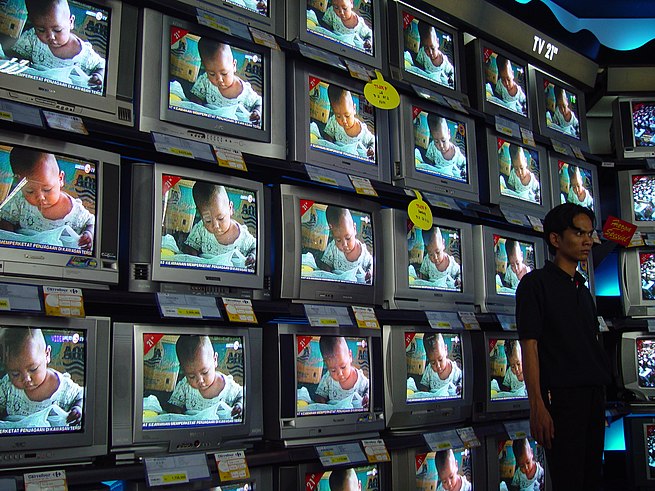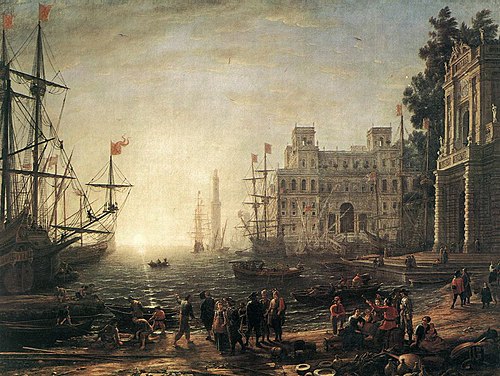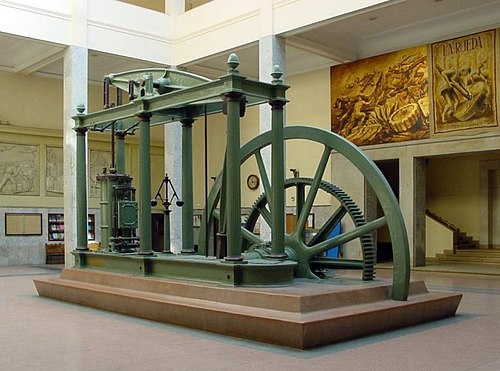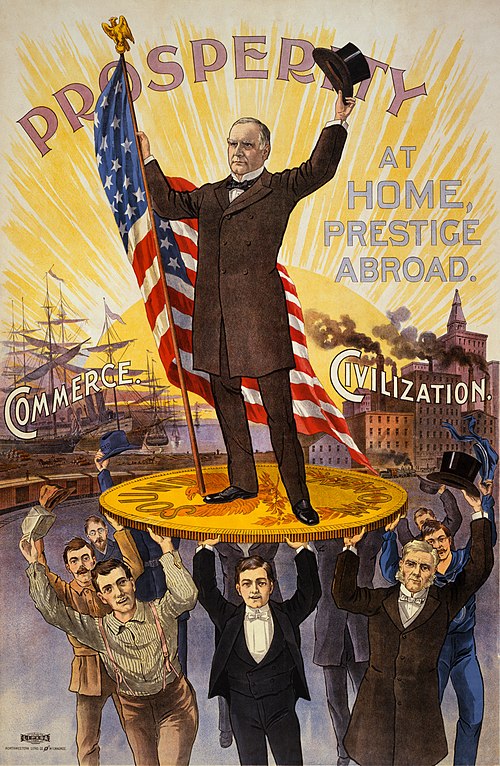Capitalismnoun
(politics) A socio-economic system based on private ownership of resources or capital.
Capitalismnoun
(economics) An economic system based on private ownership of the means of production and their operation for profit.
Capitalismnoun
A socio-economic system based on private property rights, including the private ownership of resources or capital, with economic decisions made largely through the operation of a market unregulated by the state.
Capitalismnoun
An economic system based on the abstraction of resources into the form of privately owned capital, with economic decisions made largely through the operation of a market unregulated by the state.
Capitalismnoun
An economic system based on predominantly private (individual or corporate) investment in and ownership of the means of production, distribution, and exchange of goods and wealth; contrasted with socialism or especially communism, in which the state has the predominant role in the economy.
Capitalismnoun
an economic system based on private ownership of capital
Capitalism
Capitalism is an economic system based on the private ownership of the means of production and their operation for profit. Central characteristics of capitalism include capital accumulation, competitive markets, a price system, private property and the recognition of property rights, voluntary exchange and wage labor.
Consumerismnoun
A policy of protecting and informing consumers through honesty in advertising and packaging, improved safety standards etc
Consumerismnoun
A materialistic attachment to possessions.
Consumerismnoun
An economic theory that increased consumption is beneficial to a nation's economy in the long run.
Consumerismnoun
the theory that an increasing consumption of goods is economically beneficial
Consumerismnoun
a movement advocating greater protection of the interests of consumers
Consumerism
Consumerism is a social and economic order that encourages the acquisition of goods and services in ever-increasing amounts. With the industrial revolution, but particularly in the 20th century, mass production led to overproduction—the supply of goods would grow beyond consumer demand, and so manufacturers turned to planned obsolescence and advertising to manipulate consumer spending.

























